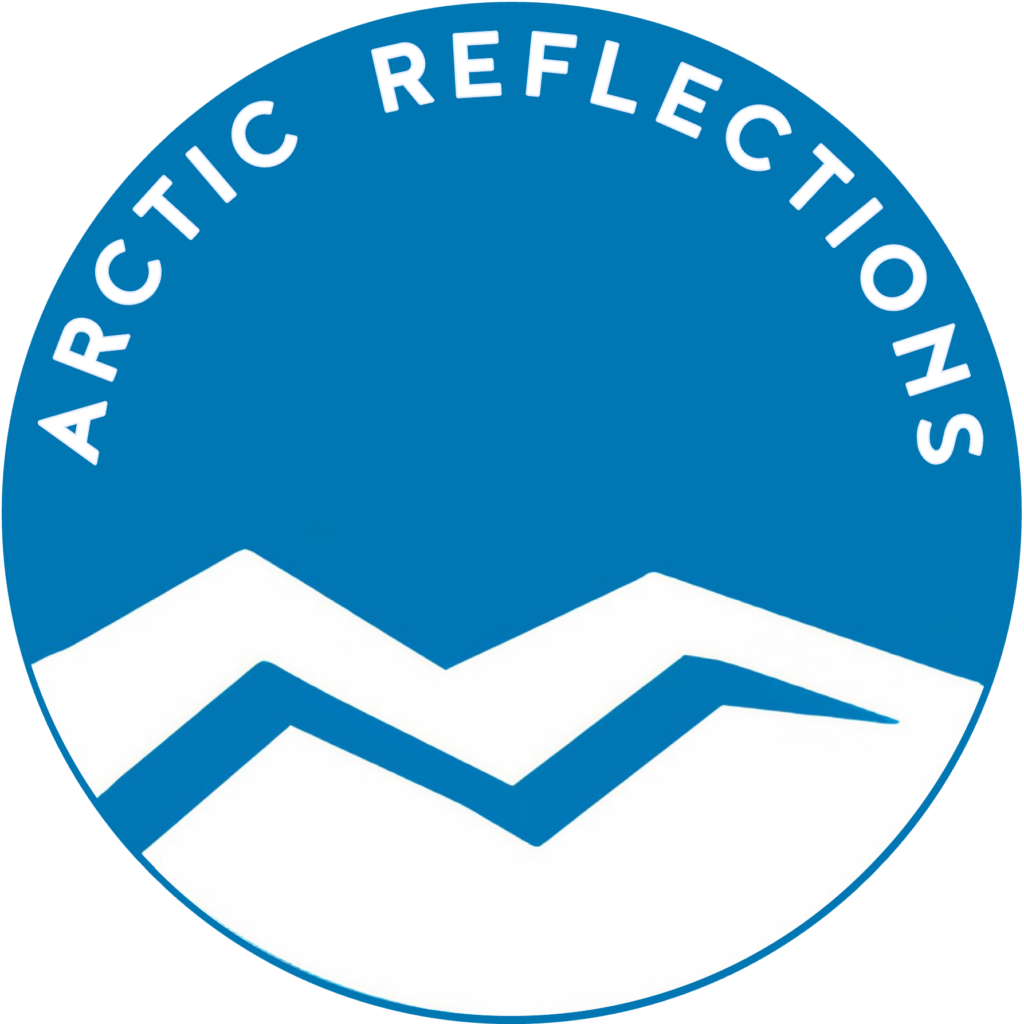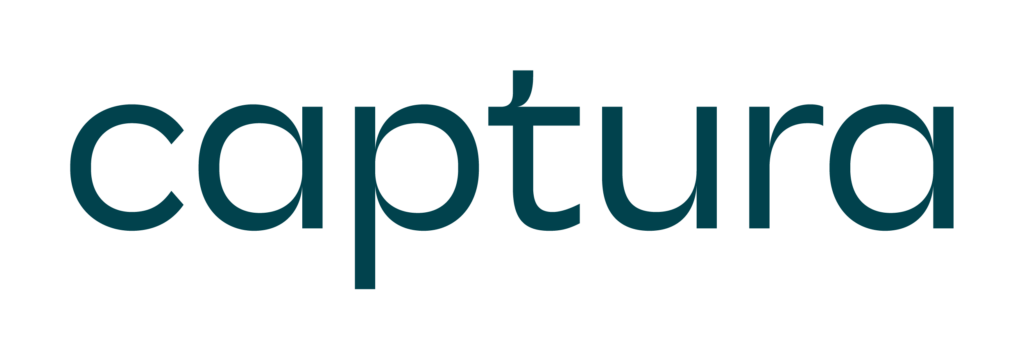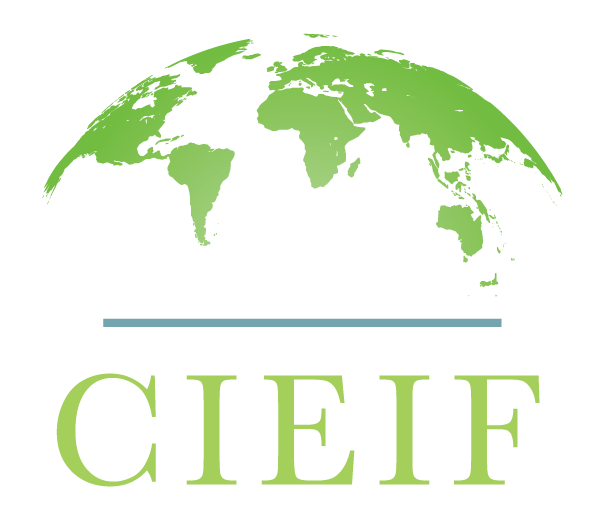2025 Grantees – $75,000 grants
Bennu Climate, Inc (http://www.bennuclimate.com/) UV photostimulation achieves low-cost and scalable methane destruction. The company’s technology permanently removes varying concentrations of the dangerous greenhouse gas methane directly from an air stream. CIEIF is supporting the development of a comprehensive EIA for the company’s small-scale field test, in the open ocean aboard a commercial ship. Bennu’s long-term goal is to remove methane at the multi-megaton scale to help reduce the level of global temperature rise.
Frost Methane (http://www.frostmethane.com/) intends to understand the broader environmental effects of installing its “cover-and-flare” systems on livestock farm manure ponds, beyond just methane mitigation. These effects may include production of NOx in the biogas flaring process, reductions in N2O and NH3 emissions from manure resulting from covering manure ponds, manure nitrogen content changes, and changes in farmer manure management practices as a result of the cover-and-flare system. Developing a comprehensive understanding of the on-farm environmental impacts will enable quantification of the co-benefits and potential risks of this novel technology for farmers and for rural areas more broadly. An EIA conducted on one or more of Frost Methane’s current cover-and-flare deployment field tests will support broader adoption of its technology across the hundreds of thousands of livestock farms with concentrated manure ponds globally.
ZeroEx (https://zeroex.com/en) is field-testing ERW in western Germany to assess the natural sink for carbon dioxide via silicate rock weathering. In ZeroEx’s case, crushed silicate rock similar to basalt (available from local mines) is spread over agricultural lands, which also enhances soil fertility. While ZeroEx operates within stringent EU guidelines, the environmental risks of ERW more generally are poorly understood. ZeroEx will use the grant for a 3-year field trial to investigate any potentially toxic elements (PTE) resulting in plants, soil, and leachate samples. It will work closely with EIA experts who will independently assess the risks, if any, of PTEs from ZeroEx’s operations. The EIA will enable the safe deployment of ERW locally and, through publications of ZeroEx’s analyses, it could help guide ERW globally.
Past Grants
2024 Grantees – $65,000 grants
Bluemethane (www.bluemethane.com) is a UK start-up aimed at harvesting methane from wastewater treatment plants and other aquatic sources. Its project will take place at the United Utilities wastewater treatment plant in southern England. It uses mechanical agitation of wastewater in a Bluemethane-developed machine called Harvey to extract the high-concentration methane so it can be recovered and used as biogas. CIEIF’s funding will enable a comprehensive EIA, including ongoing monitoring, covering all potential impacts of this technique. It does so under a detailed framework Bluemethane developed that will be applicable, with some adaptations, to other aquatic methane capture projects in the future.
Floating Islands International (www.floatingislandinternational.com). FII is an established Montana company with systems to clean freshwater ecosystems, which now seeks to remove methane from dam reservoirs and other aquatic sources. It has developed a system that prevents methane emissions being generated by nutrient-impaired freshwater and captures dissolved methane before it enters the atmosphere. Behind many typical hydroelectric dams, which abruptly halt the natural flow of water, organic sediments build up in the reservoir and oxygen is depleted as the sediments decay. This results in anoxic conditions, thus allowing methanogens to generate biogenic methane. Leveraging FII’s experience with water/air circulation pumps and gas and nutrient capturing, they seek to perfect methane removal in a field test. CIEIF funding will support a detailed predictive EIA involving potential impacts on fisheries, nutrients, oxygenation, public safety, and other concerns in order to obtain necessary permits from affected agencies.
2023 Grantees – $50,000 grants
Arctic Reflections

(AR, arcticreflections.earth) is a Dutch start-up aimed at restoring Arctic ice. AR seeks to counter sea ice loss employing a technique known as ice thickening. The thickness of existing ice is increased during winter months by pumping seawater onto the surface. Thicker ice is expected to last longer during the following summer months and increase solar radiation reflection, thereby reducing warming. Learn more about CIEIF’s grant…
Captura Corp.
Captura Corp. (capturacorp.com) is an American ocean carbon capture company. It has innovated an electrochemical technology for low-cost and scalable Direct Ocean Capture (DOC), which removes CO2 directly from seawater. The CO2-depleted seawater then is returned to the ocean with the regenerated capacity to absorb more CO2 from the atmosphere. Captura’s long-term goal is to remove CO2 at gigaton scale by leveraging the ocean’s natural ability to absorb and store atmospheric CO2. Learn more about CIEIF’s grant….

International Biochar Initiative

International Biochar Initiative (IBI, biochar-international.org) is a global non-profit association working to scale biochar, which is a form of charcoal made from organic biomass, as a viable climate change solution and carbon removal technology. IBI has launched a project in Pakistan to assess how utilizing biochar can build resilience in Punjab province communities that are already at high risk from the impacts of climate change. Open burning of crop residues is common in Punjab and surrounding regions and it causes severe adverse effects on public health nationally. Learn more about CIEIF’s grant…
If you are interested in applying for a 2025 grant, see Guidelines for Grant Applications.
